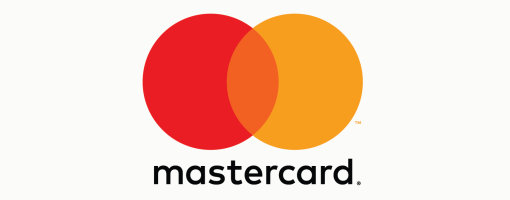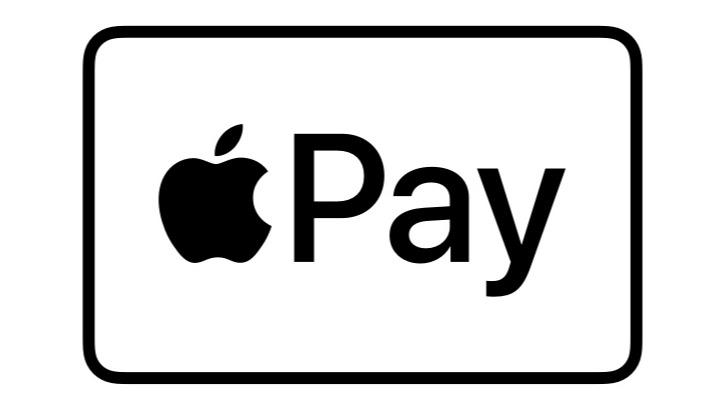A new update to Mastercard’s Open Banking platform now enables customers to automatically switch direct deposits.
The move also enables Mastercard customers to update their recurring bill payments when opening a new account or updating an existing one.
The services, called Deposit Switch and Bill Pay Switch, have been launched in partnership with Atomic, a member of Mastercard’s star-up programme Start Path which allows users to link to their payroll providers without sharing their credentials with third parties.
Mastercard said that with the single integration into Mastercard Open Banking, customers will be able to automatically redirect deposits to a different bank account without additional paperwork.
The Bill Pay Switch feature means that customers can add or update their payment information at companies they use regularly or hold a subscription with such as utilities and telecoms.
Mastercard cited a study by Emarketer which found that automated deposit switching was the top feature demanded by customers, yet the process still requires manual paperwork. Additionally, the study found that almost 80 per cent of banking executives see opportunities to grow deposits as a crucial part of the account onboarding experience.
“Digital consumers are looking for maximum value from their bank account, which includes simplified and modernised processes for tedious tasks like rerouting direct deposits and paying bills,” said Silvana Hernandez, executive vice president, Mastercard, North America. “We also know that Gen Z in particular is leaning into debit as a preferred payment for everyday expenses, so providing a secure, seamless online banking experience through Open Banking connectivity will ultimately help drive account primacy for financial institutions.”
Last month, Stripe announced the launch of several payment tools and financing options as it expands its footprint in the UK.
New services include Pay by Bank, Stripe’s first Open Banking-powered payment method, which allows customers to pay in real time directly from their bank.
Latest News
-
Gemini to cut quarter of workforce and exit UK, EU and Australia as crypto slump forces retrenchment
-
Bank ABC’s mobile-only ila bank migrates to core banking platform
-
Visa launches platform to accelerate small business growth in US
-
NatWest to expand Accelerator programme to 50,000 members in 2026
-
BBVA joins European stablecoin coalition
-
eToro partners with Amundi to launch equity portfolio with exposure to ‘megatrends’
Creating value together: Strategic partnerships in the age of GCCs
As Global Capability Centres reshape the financial services landscape, one question stands out: how do leading banks balance in-house innovation with strategic partnerships to drive real transformation?
Data trust in the AI era: Building customer confidence through responsible banking
In the second episode of FStech’s three-part video podcast series sponsored by HCLTech, Sudip Lahiri, Executive Vice President & Head of Financial Services for Europe & UKI at HCLTech examines the critical relationship between data trust, transparency, and responsible AI implementation in financial services.
Banking's GenAI evolution: Beyond the hype, building the future
In the first episode of a three-part video podcast series sponsored by HCLTech, Sudip Lahiri, Executive Vice President & Head of Financial Services for Europe & UKI at HCLTech explores how financial institutions can navigate the transformative potential of Generative AI while building lasting foundations for innovation.
Beyond compliance: Building unshakeable operational resilience in financial services
In today's rapidly evolving financial landscape, operational resilience has become a critical focus for institutions worldwide. As regulatory requirements grow more complex and cyber threats, particularly ransomware, become increasingly sophisticated, financial services providers must adapt and strengthen their defences. The intersection of compliance, technology, and security presents both challenges and opportunities.
© 2019 Perspective Publishing Privacy & Cookies













Recent Stories